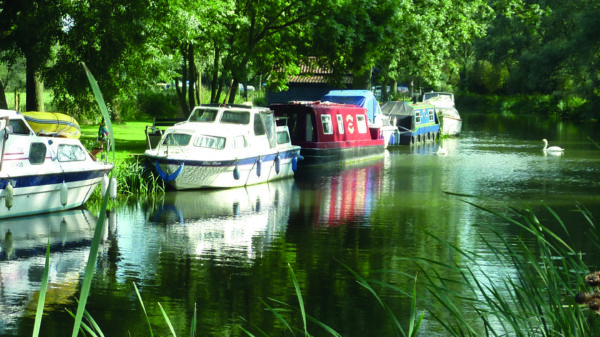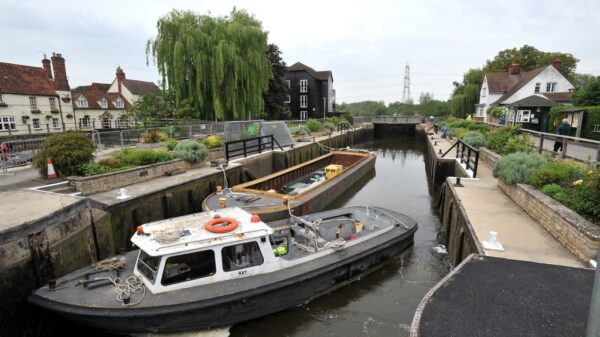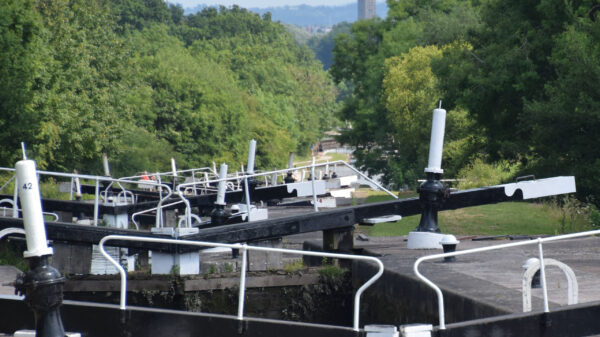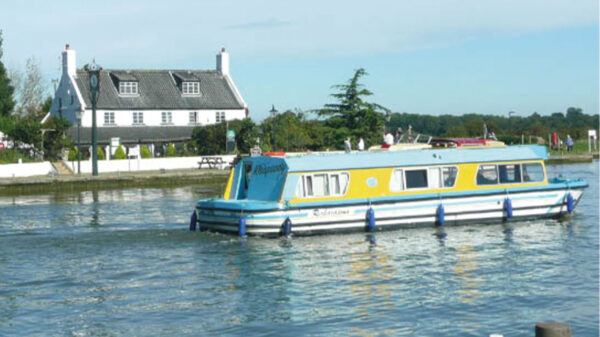1. Remember it’s outdoors
Be prepared that you will be outside and could face any weather conditions. Remember to wear sun cream and anti-insect spray if you’re taking to the water on a summer day. A cap and sunglasses can also be of benefit, as the sun can reflect strongly off of the water.





